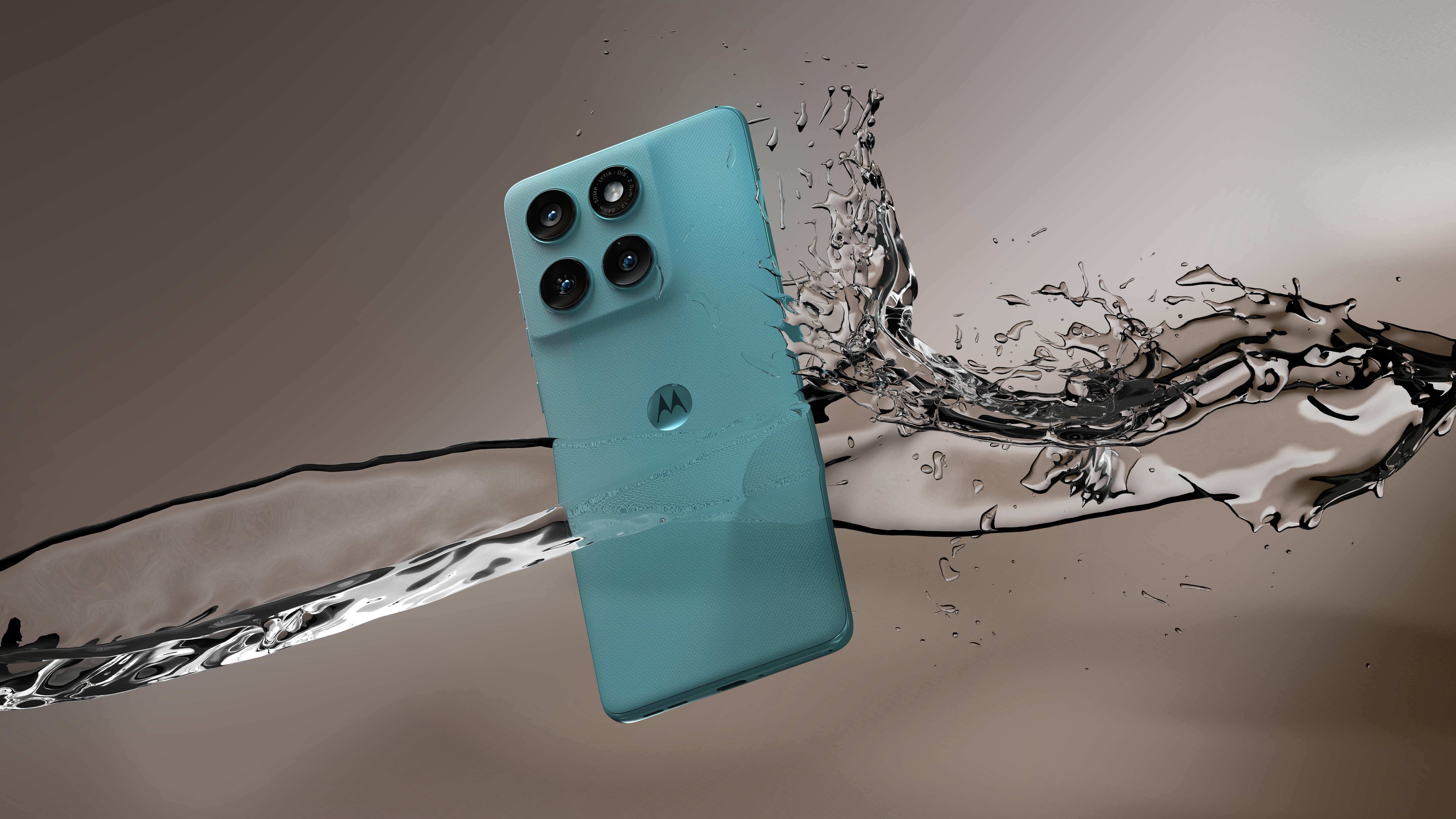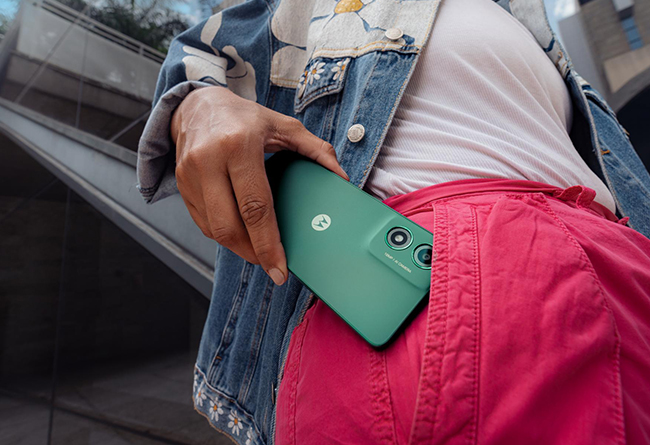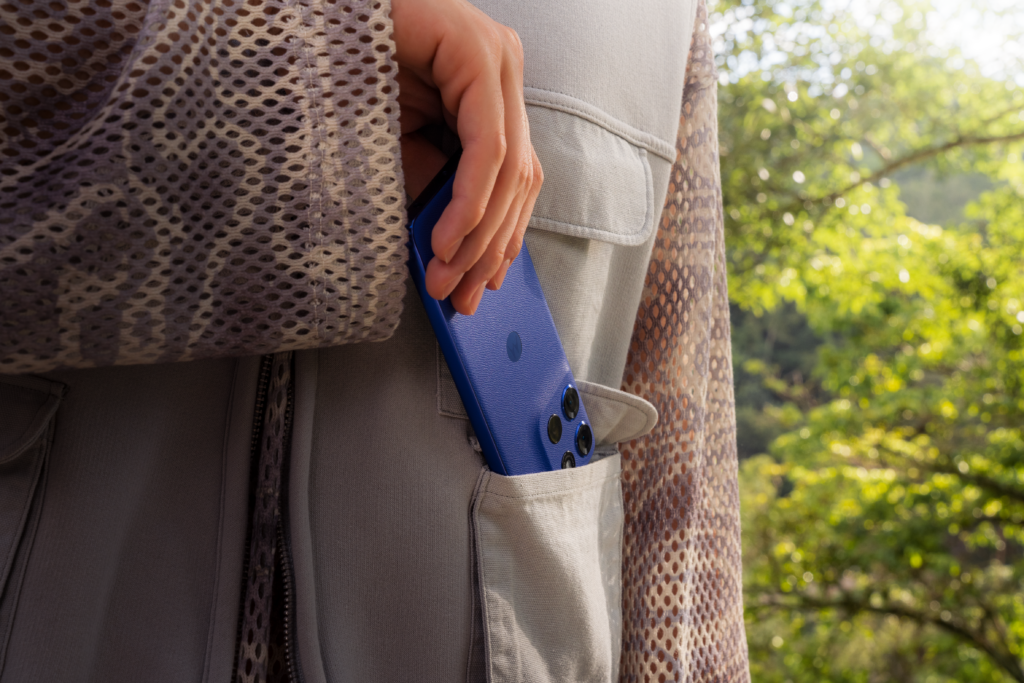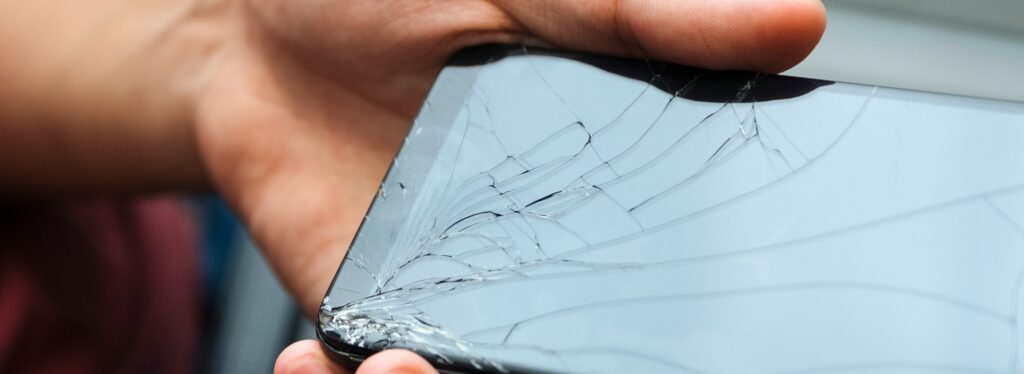
What are the IP Ratings When It Comes to Mobile Phones?


Understanding IP ratings
IP stands for “Ingress Protection.” It’s a two-digit code; it describes the level of protection a device has from solid objects and liquids. The first digit expresses protection from solid objects, such as dust, while the second digit shows its protection against liquids, like water.
First digit – solid objects protection:
- 0: No protection
- 1: Protection against contact with fingers
- 2: Protection against large objects (e.g., fingers, tools)
- 3: Protection against dust, but not complete sealing
- 4: Protection against dust, complete sealing
- 5: Protection against low-pressure water jets
- 6: Protection against high-pressure water jets
Second digit – protection against liquids:
- 0: No protection
- 1: Protection against dripping water
- 2: Protection against dripping water from any angle
- 3: Protection against spraying water
- 4: Protection against splashing water
- 5: Protection against low-pressure water jets
- 6: Protection against high-pressure water jets
- 7: Protection against immersion in water for a short time
- 8: Protection against immersion in water for a long time
- 9: Protection against high-pressure water jets, even under immersion
IP rating chart for mobile phones
| Solids | Protection | Water | Protection |
| 1 | Protection against solid object greater than 50mm | 1 | Protection against vertically falling water droplets |
| 2 | Protection against solid object greater than 12.5mm | 2 | Protection against vertically falling water droplets when tilted at 15° |
| 3 | Protection against solid object greater than 2.5mm | 3 | Protection against spraying water up to an angle of 60° |
| 4 | Protection against solid object greater than 1mm | 4 | Protection against splashed of water from all directions |
| 5 | Limited ingress of dust | 5 | Protection against low pressure jets of water |
| 6 | No ingress of dust permitted | 6 | Protection against high pressure jets of water |
| X | Protection level not formally tested | 7 | Protection against immersion in water between 15cm and 1m deep for 30 minutes |
| 8 | Protection against immersion in water under pressure for long periods | ||
| 9K | Protection from high temperature, close-range, powerful water jets | ||
| X | Protection level not formally tested |
Common IP ratings of mobile phones
Mobile phones in the UK are typically IP67 and IP68. This means the IP67 phone is dust-tight and can be submerged in water between 15cm and 1m deep for 30 minutes. However, IP68 mobile phones go one level further. Whilst they are also dust-tight the phone can be immersed in deeper water for a longer period and still be protected.
Here are some other common IP ratings you might encounter when shopping for a new mobile phone:
- IP53: Protects against limited dust ingress and light sprays of water.
- IP54: Protects against limited dust ingress and splashing water.
- IP55: Protects against limited dust ingress and direct water jets.
Why do mobile phone IP ratings matter?
Choosing a mobile phone with a suitable IP rating is essential for several reasons.
- Peace of Mind: Knowing that your device is protected against the elements can provide peace of mind, especially if you’re prone to accidents or live in a region with frequent inclement weather.
- Durability: A higher IP rating generally indicates a more durable device that can withstand the rigors of daily use.
- Versatility: A phone with a high IP rating can be used in a wider range of environments, such as near pools, beaches, or in outdoor activities.
There are certain real-world situations where individuals may consider the IP rating a new handset as an important criterion when shopping for a mobile phone.
- Outdoor Enthusiasts: For those who enjoy activities like hiking, camping, or water sports, a phone with a high IP rating, such as IP68, is essential. This rating ensures protection against both dust and immersion in water, making it ideal for rugged environments.
- Construction workers: In industries like construction, where devices are exposed to harsh conditions, a phone with a high IP rating can be a lifesaver. It can withstand dust, moisture, and accidental drops.
- Frequent travellers: If you travel frequently, especially to areas with extreme weather or less-than-ideal conditions, a phone with a high IP rating can provide peace of mind. It can protect your device from accidental spills, rain, or even accidental drops.

Why is mobile IP rating testing and certification important?
While IP ratings do indeed provide a good indication of the robustness of a device, it is important to understand exactly what goes into the processes of testing. In order to get an IP rating, devices go through a wide array of testing conducted by independent labs, these generally include the exposure of water jets and dust chambers.
What should you consider beyond mobile IP ratings?
While IP ratings are important, they are not the sole basis on which one selects a mobile phone. Following are other key factors to consider:
Build quality
Even with a high Ingress Protection rating, a poorly built phone will still be in the line of damage. Make sure that the device has some sort of strong material supporting it, its corners are reinforced, and its chassis is well-built.
Performance of the battery
When its battery life is not long, then only a rugged phone will be rendered useless. A gadget with high-capacity batteries is bound to last more in heavy usage and undue circumstances.
Screen protection
While IP ratings typically relate to the body of a device, one also needs to look after the screen. A phone made with toughened glass or with an additional screen protector will safeguard against scratches, among other forms of damage.
There is a warranty
In the case of high-end devices with an extremely high IP rating, having comprehensive warranty will add to peace of mind. If not so sure, check the terms and conditions regarding claims as to whether it would cover accidental damage or water ingress.

Motorola and mobile phone IP ratings
At Motorola we produce durable phones with impressive IP ratings. Our devices feature robust designs with reinforced corners and advanced water and dust protection. If you’re looking for a new mobile phone that can withstand the elements take a look at some of our handsets below:
| Motorola Device | IP Rating |
| Motorola Edge 50 Ultra | IP68 |
| Motorola Edge 50 Pro | IP68 |
| Motorola Edge 50 Neo | IP68 |
| Motorola Razr 40 Ultra | IP52 |
| Motorola Razr 40 | IP52 |
| Moto g85 5G | IP52 |
| Moto g55 5G | IP52 |
| Moto g35 5G | IP52 |
IP rating is an important factor to consider when buying a new mobile phone, particularly if you have a job outside or are prone to accidents. Understanding IP ratings means you can choose the ideal device for your needs. Our commitment to producing durable and reliable mobile phones with strong IP ratings makes us a great choice for those seeking a device that can withstand the elements.


